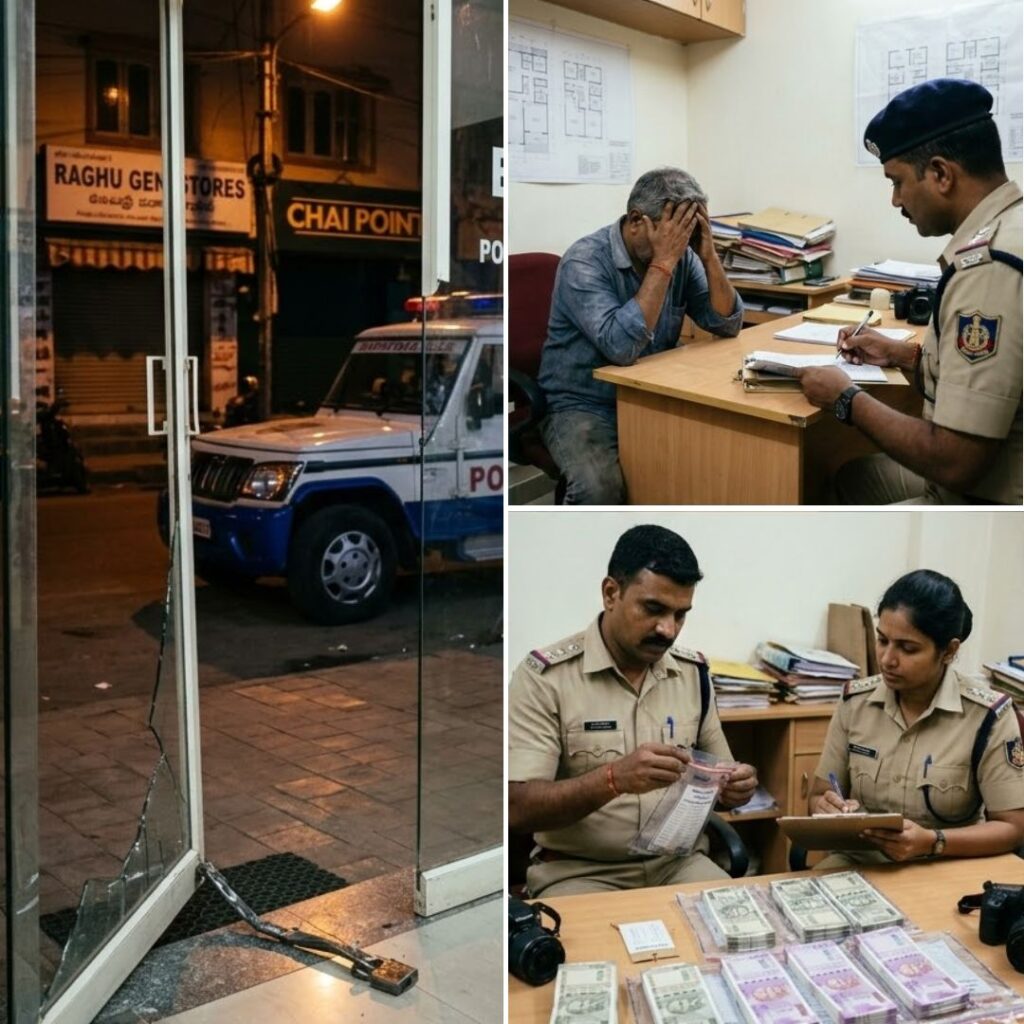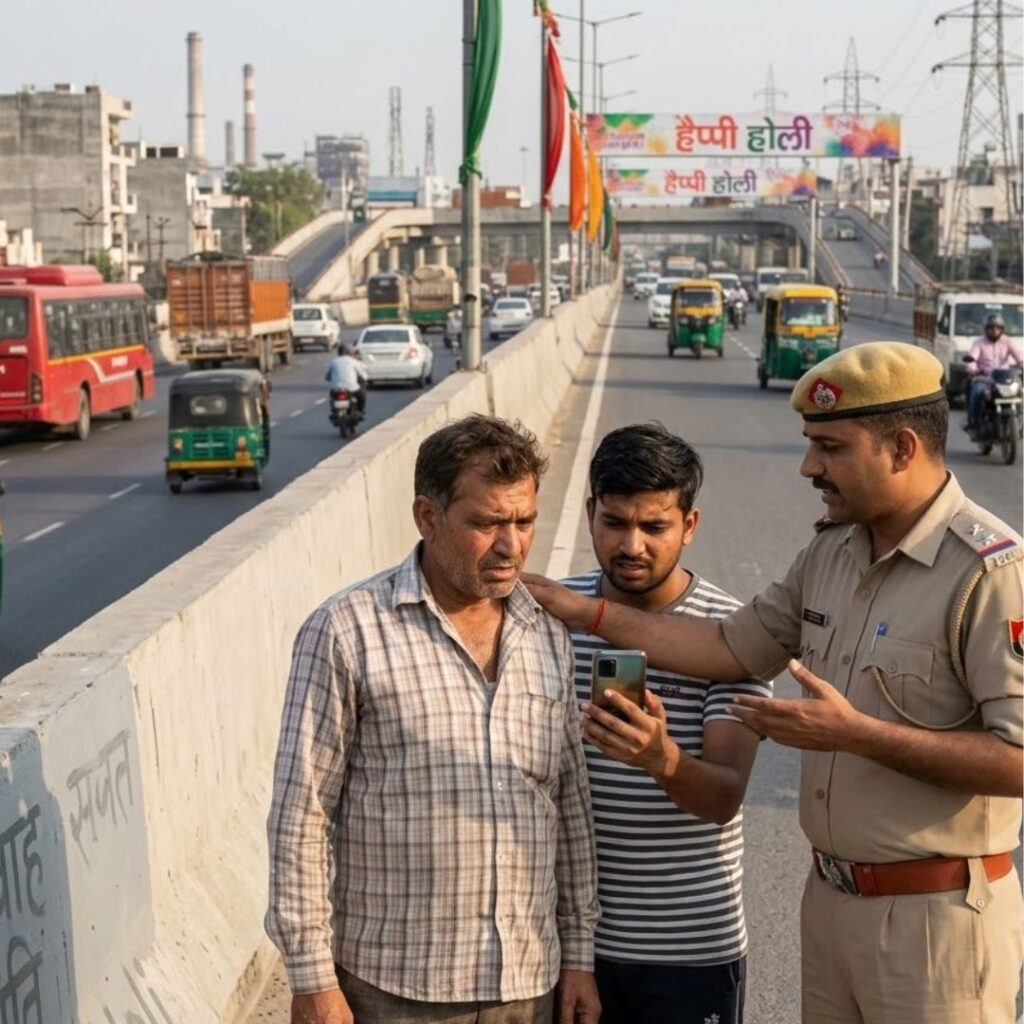Trigger Warning: The following content contains information on physical violence and sexual violence which some readers may find disturbing
Here, we will discuss India’s laws on rape and the legal definition of consent and will also explore the circumstances under which a man can be charged with rape, the punishment for gang rape, and the reporting process for rape.
What do we understand by the term ‘consent’?
Consent refers to a person’s voluntary, clear, and unmistakable agreement to express their willingness to take part in a specific sexual act. The person should understand what they are agreeing to and what the consequences of their agreement will be. The absence of physical resistance to the act does not automatically mean consent to the sexual activity.
What is the legal meaning of Rape?
Trigger Warning: The following content contains information on physical violence and sexual violence which some readers may find disturbing.
Rape is the crime that a man commits when he has sexual intercourse with a woman against her will or without her consent.
- A man commits rape on a non-consenting woman if he:
- penetrates his penis or inserts any other part of his body into the woman’s vagina, mouth, urethra, or anus, or forces her to do this with him or another person; or
- inserts any object into the woman’s vagina, mouth, urethra, or anus, or forces her to do this with him or another person; or
- applies his mouth to the woman’s vagina, anus or urethra, or makes her do this with him or any other person.
A medical procedure or intervention is not considered rape. For example, if a doctor examines the private parts of a patient as a part of a medical procedure, this is not rape.
Under the following circumstances, a man is said to commit rape even if the woman has given her consent:
- If her consent has been forcibly obtained by threatening to hurt her or making her fear for her life or the lives of her dear ones.
- If the man knows that he is not a woman’s husband and that she has given her consent only because she thinks that the man is her husband.
- If the woman is unable to understand the nature and consequences of the act to which she gives consent, due to unsoundness of mind or intoxication or because the man has given her an unwholesome substance.
- If the woman is under eighteen years of age.
What is the legal meaning of Gang Rape?
Trigger Warning: The following content contains information on physical violence and sexual violence which some readers may find disturbing.
Gang rape refers to multiple people/a group of people acting together with the common intention to rape a woman. In a case of gang rape, each person in the group is guilty of the crime.
The punishment for gang rape is:
Imprisonment for twenty years to life imprisonment (imprisonment for the rest of the perpetrator’s life)
If the survivor is below sixteen years, the punishment is life imprisonment for the rest of the perpetrator’s life. In cases where the survivor is below twelve years, the perpetrators may be punished with death.
The perpetrators also have to pay a just and reasonable fine to the survivor to meet the medical expenses and rehabilitation of the survivor.
How to report a case of rape
Police
If a person commits the offense of rape, the first and most important thing to do is to report it to the police by filing a First Information Report (FIR). Otherwise, call 1091 (Women’s Helpline Number) and report the rape. Even if someone does not report the crime right away, this does not mean that the delayed FIR will harm the case. It may, however, become more difficult for the police to carry out the investigation and gather evidence, but it is possible to file an FIR at a later date as well.
To file an FIR, visit the nearest police station. The police station does not necessarily have to be in the area where the crime has been committed. To locate the police station, download the ‘Indian Police at your Call’ app and locate the nearest police station. Otherwise, call 100.
Approaching the police immediately after being assaulted can be very daunting for the survivor. However, the survivor doesn’t have to do this alone. The woman can take the help of a friend or approach a lawyer to assist her in filing a complaint. In fact, another person can file the FIR for the woman if she doesn’t want to approach the police by herself. If the survivor approaches the police with her complaint, only a woman officer records the information.
If the survivor is physically or mentally disabled, the police may come and take her complaint from her residence or any other place where she feels comfortable. The survivor’s statement may be recorded at her residence or in any place of her choice. As far as possible, the woman officer records the statement in the presence of the survivor’s parents/guardian/near relatives/ social worker of the locality.
It is perfectly alright if the survivor does not remember specific details of the assault or even the attacker. It is enough if she tells the police as many details as she remembers.
Once the police have read out the complaint and all the details are correct, the complainant signs the FIR. Any police officer who refuses to file the FIR or fails to record information about the offense is punishable by imprisonment for six months to two years, along with a fine.
The complainant can get a copy of the FIR for free. It is also possible to freely access the FIR online using the FIR number, date of FIR, and the name of the police station.
After the FIR has been registered, the contents of it cannot be changed. However, additional information can be given to the police later on at any point.
One Stop Centres
A survivor can also approach One Stop Centres, which provides an integrated range of services to women affected by violence. These services include medical aid, police assistance, legal aid/case management, psycho-social counseling, and temporary support services.
India’s laws on rape are crucial to understand, as they protect women from sexual violence and provide them with avenues for justice. By familiarising ourselves with the legal definition of rape and consent, we can work towards a safer and more equitable society.
Also Read: Legal Position On Marital Rape & Minor Consent In India: Know More
https://thelogicalindian.com/h-upload/2023/04/17/500x300_231133-web-26.webp
Law
2023-04-17 09:17:22.0
Understanding India’s Rape Laws: Consent & Reporting Process












